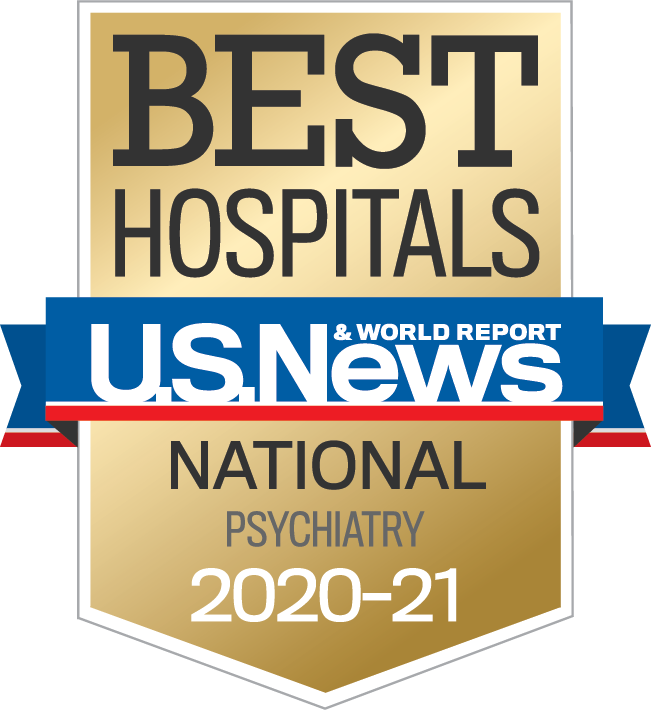Depression is not a normal part of aging (video): https://www.youtube.com/watch?v=qjbEYVUkMg0
Seniors and Depression: Dispelling the Myths (video): https://www.youtube.com/watch?v=DdhPfAnm4xo
Where can I be treated for depression?
The practice of the Weill Cornell Institute of Geriatric Psychiatry (914-997-5970) offers evaluation and treatment for older adults who are suffering from depression. The Institute also offers conventional and novel treatments free of charge to eligible individuals who participate in its studies. Please visit Join Our Treatment Studies to learn about treatments developed by the Institute and offered to research participants. For more information, please call (914) 997-4331 or (800) NYP-1902.
Dr. Jo Anne Sirey on bringing depression treatment to the older adult community: https://www.youtube.com/watch?v=xNkKN_otejc
Free Screening for Depression
As a service to the community, the Institute provides confidential, free of charge telephone screening for depression. Interested individuals please call 914-997-4331 or 800-NYP-1902
What is Late-Life Depression?
Depression is a serious medical illness that causes suffering, worsens medical health, promotes disability, and burdens the families of many older persons. Although effective treatments exist, late-life depression is often undiagnosed and undertreated.
What Depression is NOT?
- Depression is NOT a character flaw.
- Depression is NOT an expected consequence of aging.
- Depression is NOT a normal reaction to physical illness or loss.
- Even when depression is precipitated by an illness or a personal loss it still can be treated effectively.
What are the Symptoms of Depression?
- Sad or Depressed Mood
- Loss of Pleasure
- Change in Appetite
- Change in Sleep
- Difficulty Concentrating
- Fatigue
- Restlessness or Decreased Activity
- Thoughts of Death or Suicide
- Feeling Guilty, Hopeless or Worthless
National Institute of Health: 8% of adults screened positive for depression: https://www.nih.gov/news-events/nih-research-matters/depression-screening-treatment-adults
Center for Disease Control (CDC): Facts on Depression: https://www.cdc.gov/tobacco/campaign/tips/diseases/depression-anxiety.html
Substance Abuse and Mental Health Services Administration (SAMSHA): Video on assessment of symptoms and treatment options for late-life depression
https://www.youtube.com/watch?v=1aGaVws-ntY
Suicide Assessment and Risks in Older Adults: https://www.youtube.com/watch?v=QcBzrY1WOfM
Depression and Medical Health
- Depression worsens medical illnesses and increases mortality.
- Physical illnesses such as stroke, Parkinson's disease, heart disease, and pulmonary disease predispose to depression.
- Depression magnifies the disability caused by medical illness.
Most Cases of Depression Respond to Treatment
Treatments for depression are based on a significant body of research and are effective and safe. Depression like other medical conditions, (e.g. diabetes, hypertension, and arthritis), requires long-term treatment. The goal of antidepressant treatments is not only to get well, but also to stay well. Older persons with a history of recurrent depression need to be treated for many months or years in order to remain well.
Medication: The currently available antidepressants are safe. Antidepressants can be prescribed by psychiatrists and other medical doctors. It often takes antidepressants 4-8 weeks to show their full effect. Although each antidepressant helps about half of patients who receive it, appropriate sequencing of treatment may improve a higher percentage of patients.
Psychotherapy: Mild to moderate depression can be treated successfully with psychotherapy alone. Severe depression is more likely to respond to a combination of psychotherapy and medication. Psychotherapy can be offered by psychiatrists, psychologists, and other trained mental health professionals.
Electroconvulsive therapy (ECT): ECT is now delivered with highly advanced instruments and under brief anesthesia that minimizes any discomfort. It is one of the safest psychiatric treatments and it is highly effective in severe depression.
Transcranial Magnetic Stimulation (TMS): TMS is an FDA approved treatment for depression that uses targeted magnetic pulses to stimulate key areas of the brain that are underactive in depression. The TMS magnetic pulses are of lower strength than those of MRI. So TMS can be administered in an outpatient setting.


